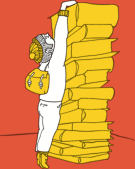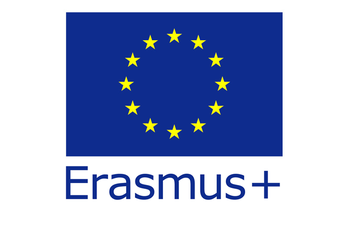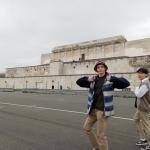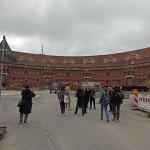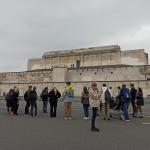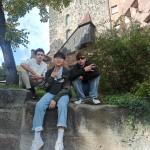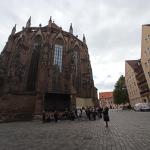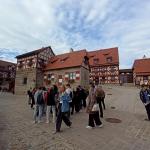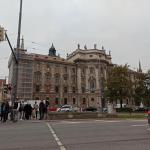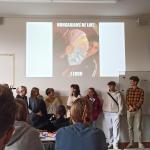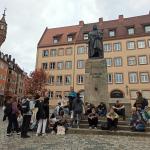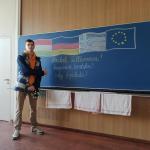Recognize Preconceptions in Movies – group mobility
Viola and I set off early in the morning with 11 Poli students, heading to Nürnberg by train. Upon arrival, we were greeted on the platform by the German project leaders, Karen and Marietta, as well as parents from the host families our students would be staying with. The first day concluded with a visit to the school, and a first opportunity for students to mingle and get to know one another. After that, students headed their separate ways to the homes of their host families.
The next day began with some sporting activities, team games in the school gym aimed at helping students to bond. Then, the details of the project were outlined – a broader explanation of the themes to be discussed, what the students could expect and what would be expected of them. They were tasked with developing a presentation, to be delivered at the end of the week. After lunch, there was a tour of the old town of Nuremberg with a history teacher from the school, and students were able to gain some background and discover a little about the city.
Tuesday was focused on film analysis, and the morning began with a lecture at the German-American institute, given by Andrea Kuhn, a local academic and director of the Nuremberg International Human Rights Film Festival. The afternoon involved a trip to the cinema to watch the award-winning film “Moonlight” (also prefaced with a talk from Ms. Kuhn), and afterwards students were invited to share their opinions and observations.
On Wednesday the group headed to Munich, where they visited an exhibition on the German “White Rose” resistance movement during WWII, with particular focus on students of the university – this would be revisited on the following day with a film. In the afternoon the project participants visited the Munich Documentation Centre of the History of National Socialism, a museum outlining all aspects of life in Nazi Germany. The visit to Munich concluded with the group eating together at a restaurant.
Thursday morning began with students being given the chance to observe English (or German) lessons in the school, before going to the library to work on their presentations for the next day. In the afternoon the group visited the Reichsparteitagsgelände, the site of the Nuremberg rallies, and again, a talk was given by a history teacher. After returning to the school, students watched and analysed a film about the White Rose movement discussed during the previous days activities.
The final day was one of reflection and showing the results of the weeks work. Presentations on national stereotypes were completed and then delivered, and certificates of participation were distributed. The day ended with an informal evening where the students could eat pizza and spend time with each other in a more relaxed environment. After that, everybody returned to their host families for a final time, before meeting early the next day for the journey home.
Overall the project was full, with plenty of work for the students around challenging topics. Our hosts were helpful and gracious, and it was a thoroughly positive experience.
